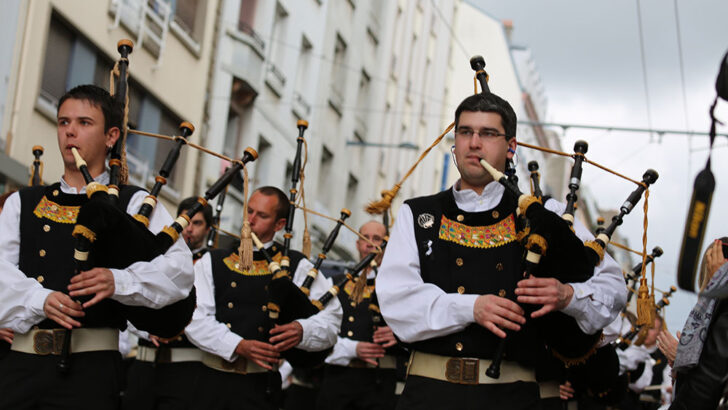Last week the annual Pan Celtic Festival was held in Carlow last week. With groups of musicians, singers and dancers it is a notably vital occasion, at which Celtic culture from Ireland, Scotland, Wales, Cornwall, Brittany and Spain are on display.
Celtic culture in its several varieties spreads from the Outer Isles of Scotland along the western seaboard down to Spain, the region today most closely connected with what the French call Celtitude.
However, there are enthusiasts who would also include the Galatia in Central Turkey, the cultural group to which St Paul addressed his important epistle.
This group arrived in Asia Minor in the 3rd Century BC, from the middle Europe Celtic heartland around southern Germany and Switzerland and the Czech Republic, about the same time the Celts conquered Ireland. But there is nothing Celtic about Turkish Galatia today.
But back in Europe, though the Celtic homelands have been transformed by the tides of history, along the western seaboard they represent outposts of Catholicism in a much changed Europe.
Those who enjoyed the last hectic week in Carlow, or indeed those who missed it, will want to know that the Festival Interceltique Lorient 2024 is still to come, and takes place in that Breton city from August 12-18. From what I have seen of it in past years it promises to be even more hectic, more international than Carlow. (For information contact email festival@festival-interceltique.bzh, or visit www.festival-interceltique.bzh).
But keep in mind that despite the enthusiasm of participants Celtic Culture in all its varieties, and often the religious faith that carries it, faces many difficulties and the many challenges of change.
However a few hectic days will allow those who attend to have time out from the problems of the world.


 Peter Costello
Peter Costello Pic: Breton pipers on parade recently
Pic: Breton pipers on parade recently 